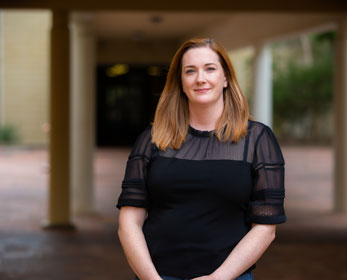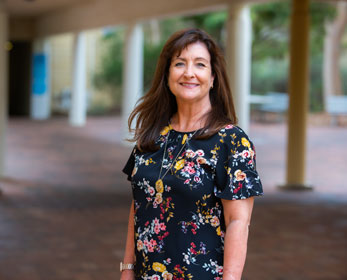New Edith Cowan University (ECU) research has investigated public awareness and perceptions regarding the minimum age of criminal responsibility (MACR) in Western Australia, which is currently 10 years old.
The first-of-its-kind study involved semi-structured interviews with 69 participants. They were asked whether they knew what the MACR was in Western Australia, their attitude towards it, whether they would support a change in age, and for what reasons.
ECU researcher and criminologist Dr Suzanne Rock said the study found very low levels of public knowledge about the MACR in Western Australia.
"94 per cent of participants were unaware that children can be arrested, charged, remanded in custody, sentenced, and incarcerated as young as 10 years old," she said.
"And once informed, most were shocked."
Many participants initially believed that children knew right from wrong by the age of ten. However, upon reflection, they questioned whether it was appropriate to hold children this young criminally responsible.
"Once provided with the factsheet about the MACR, more than 75 per cent of participants expressed support for lifting the age to between 12 and 18 years," Dr Rock said.
"They also advocated for rehabilitative measures, rather than punitive action, challenging the assumption that the public favours punishment of young offenders."
Misconception may be fuelling government inaction
Australia faces increasing international pressure to comply with the UN’s recommendation to raise the MACR to 14 years. Currently, it remains at 10 in most states, exposing children—especially Indigenous and disadvantaged youth—to significant harms linked to early criminal justice contact.
Dr Rock said public misconception about the MACR is a key contributing factor to the unwillingness of state governments to raise the age.
"Politicians fear being seen as ‘soft on crime’, which may explain the reluctance to act," Dr Rock said.
"However, our research has shown that upon discovering the MACR in Western Australia most participants were appalled at Australia's unwillingness to align itself with other UN countries and favoured raising the age."
Dr Rock emphasised the value of targeted public education campaigns that enhance knowledge about the MACR to induce important changes in the public’s opinion.
"This, in turn, may impact government responsiveness to international pressure to finally raise the age of criminal responsibility in line with UN recommendations," she said.
The paper 'From 'Raise the Age' to 'Raise the Awareness': How knowledge affects public opinion on the minimum age of criminal responsibility in Western Australia' was published in The International Journal of Human Rights. ECU authors on this study, Dr Suzanne Rock, Associate Professor Natalie Gately, Dr Piero Moraro, and PhD candidate James Finney.

 New ECU research has found very low levels of public knowledge about the MACR in Western Australia.
New ECU research has found very low levels of public knowledge about the MACR in Western Australia.





